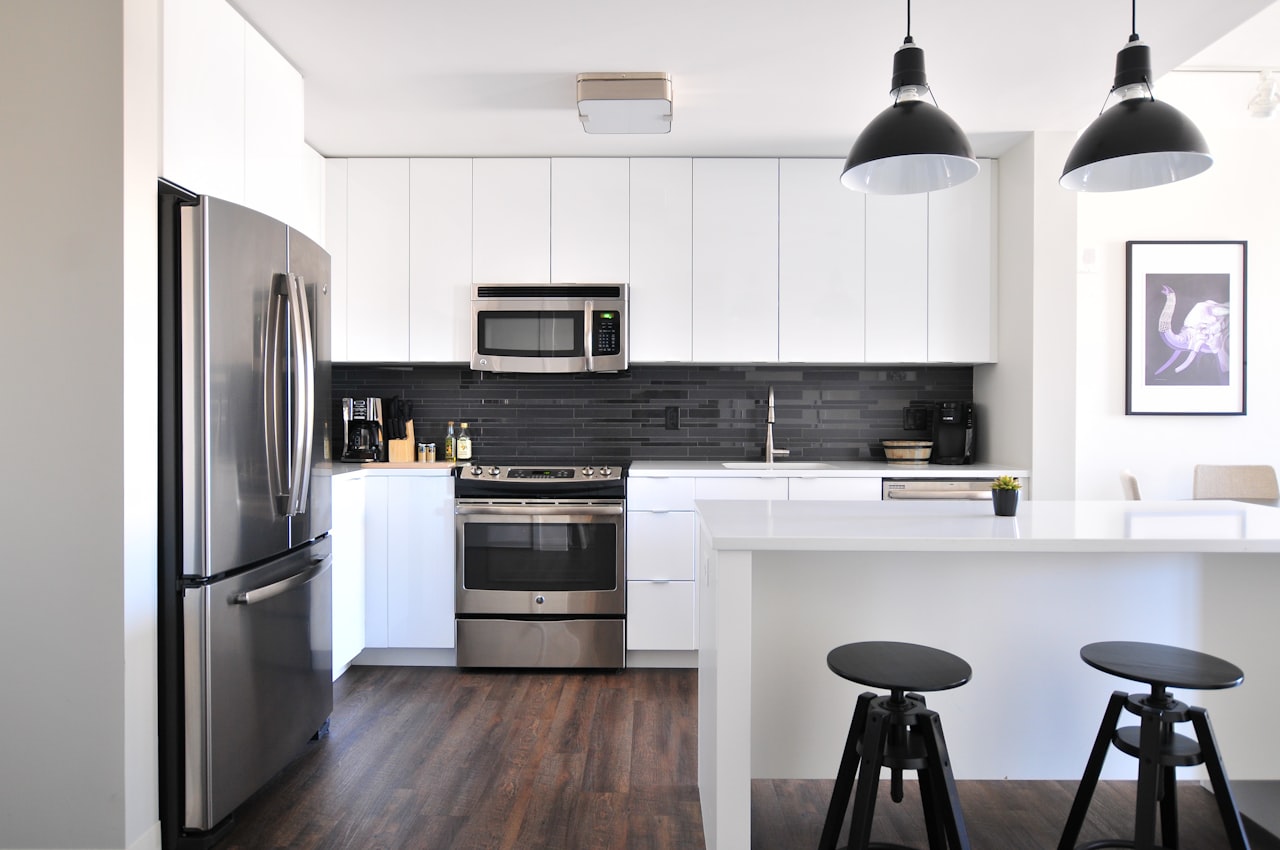Majority in tax survey favors new tax on short-term rentals
The Aspen Times

The Aspen Times

Nearly two-thirds of Aspen voters surveyed favor a new tax charged to guests who rent out vacation properties on a short-term basis, according to poll findings released this week.
The Aspen City Council will use the results at its work session Tuesday to help inform its decision on whether to bring an excise tax question to voters in the November elections.
The findings showed 63% of the respondents favored a short-term rental (STR) tax of some kind, and 36% opposed.
The survey was conducted July 18-24 by Frederick Polls of Salt Lake City. Findings also indicated that support for the excise tax dropped when its rates went higher. The majority of the support landed on tax rates of either 9% or 13%; the maximum rate proposed was 20%. The survey results are contained in a memo to City Council in advance of next week’s meeting.
“Yes, voters feel STRs are negatively impacting neighborhoods, the sense of community and the availability and price of housing in Aspen,” according to Frederick Polls’ summary of the results. “They also feel that short-term renters are not paying the full cost of their impact on Aspen services or their fair share compared to other commercial business operations. The vast majority offering a use for new STR money would prefer it go toward more housing for local residents and workers. Also, some see an STR tax as a way to limit or discourage tourism.”
Those opposed to an excise tax on STRs “have strong anti-tax feelings, believe tourism is good/essential for the Aspen economy, don’t trust government to spend new tax money wisely … (or) to amend the land use code and establish the vacation-rental permit fee … or feel that STRs (and their property owners) already contribute a fair and sufficient amount of taxes,” the summary said. “The open-ends suggest there is a great deal of emotion and intensity of feeling on both sides of this issue.”
A 13% tax rate, which if voter approved would take effect Jan. 1, would generate an estimated maximum of $10.7 million in taxes proceeds for the city, according to city documents.
Where those dollars go was also addressed in the survey, with 63% behind affordable housing, 20% for infrastructure and 16% favoring environmental programs.
“A majority of Aspen voters consistently support some form of new STR tax, with a hard core of one-third of voters consistently opposed,” said the summary. “That opposition could climb into the mid-40s if this issue becomes a matter of ‘fairness”, given STR renters already pay the same sales and lodging tax as visitors staying in hotels.”
The debate over short-term rentals — which are stays of no more than 30 days — and their impacts on Aspen intensified in December when the five-member City Council placed a temporary ban on new STRs through Sept. 30. During that time, the council examined ways to contain an industry it says has run amok and depleted the housing inventory, strained services and put traditional lodges at a competitive disadvantage.
The current combined sales-tax rate in the city is 11.3%. Tack on an additional 13% for short-term rentals, and guests would be paying 24.4% in taxes for each overnight.
There were 322 participants in the study — 280 through a text survey and another 42 through telephone interviews.
Here’s a sampling of the feelings expressed by survey respondents concerning taxing guests of short-term rentals.
The City Council took action in June to create a vacation-rental permit program that takes effect Oct. 1.
For traditional condo-lodges, like The Gant, for example, there is no restriction on guest nights, and one permit can cover the entire lodge. Condo-lodges also also will need lodge-exempt permits, which are $148.
Two types of STR permits are available for owner-occupied units.
One permit limits owner-occupied units to 120 rental-nights annually. Another permit, for both non-owner-occupied and owner-occupied residential properties, has no limitations on guest nights per year. Properties under the deeded ownership of limited-liability companies will not be eligible for the permit. The owner-occupied permits come at a cost of $394.
If the council favors taking the excise tax proposal to voters, two more City Council hearings will be held this month to approve the ballot language that would advance to Pitkin County for certification to be placed on the November ballot.
By: Rick Carroll I The Aspen Times I August 11, 2022